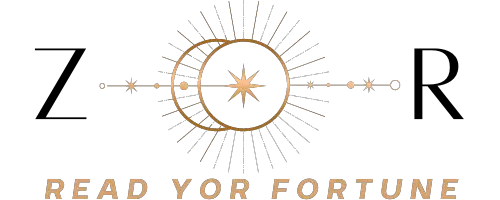The 3 types of attachment: which one drives your relationship?
Romantic relationships revolve around different types of bonding that determine what kind of relationship you have or could have. Knowing and understanding these types of attachments can help you work on and improve yourself and your relationship.
You crave your partner’s attention and you don’t want to leave their side. You dream about him or her every minute of the day. You are both convinced that you are deeply and irrevocably in love with each other. Could it be that you’re just attached to them?
You might ask yourself: what difference does it make? Aren’t we always attached to our loved ones? Yes, but bonding can be more complicated than that. We can build healthy bonds based on mutual love and respect. But we can also form a more harmful attachment out of fear or emotional need.
So what types of bonding are there? Let’s get rid of it!
The 3 Types of Bonding: Which One is Crucial to Your Relationship?
A University of Denver study identified three very different types of attachment. Not all are healthy – but each of them is a powerful force.
1. Secure Binding
Securely attached adults support and respect one another. You are in a relationship based on mutual care and trust. A secure bond involves compromises. Each partner sets limits and sticks to them. A securely attached person is able to give generously of themselves while maintaining their sense of self-worth and identity.
Children learn to form secure attachments by experiencing them at home. They practice them throughout their childhood by making and maintaining friendships. People with secure attachment are able to trust their partner’s affection and have realistic expectations of the relationship. This type of bonding is found in healthy partnerships.
2. Anxious attachment
Anxious attachment is when a partner is desperately trying to enter into a fantasy relationship. They fear it won’t happen because they were abandoned in childhood or lacked healthy attachments. A person suffering from anxious attachment is unlikely to trust their partner at a deep level.
Instead, they live in constant fear of betrayal and abandonment. You are afraid to be alone. This fear causes them to become attached to their partner very quickly. They place emotional expectations on their partner that are unrealistic and unlikely to be met.
People who experience this type of attachment expect to be completed or rescued by their partner. They are looking for safety and security. This type of attachment is not conducive to an emotionally healthy relationship.
3. Avoidant attachment
People who have been repeatedly hurt or who never learned to bond in a healthy way as children can form avoidant attachments. In these relationships, one partner fears intimacy that prevents them from bonding with the other. They withdraw emotionally.
Although they can feel deep affection for their partner, they are unable to express it clearly and respectfully. They may withdraw in a dismissive manner, meaning they distance themselves from the relationship. They can throw themselves into work, ignore their partner, cheat, or disappear altogether. Your avoidance behavior may also manifest itself in an anxious manner. They may deny their feelings, refuse to commit, or avoid emotionally distressing situations.
Why is that important?
Love requires the ability to trust your partner. To be in a loving relationship, you must be generous enough to give affection and emotionally secure enough to receive it. Love that comes from a secure attachment is based on your feelings for your partner.
Anxious and avoidant attachments, on the other hand, have little to do with your partner. They revolve around your own unresolved feelings and unmet emotional needs. This isn’t true love. These relationships are characterized by selfishness, fear and control.
Rather than empowering partners, unhealthy attachment styles can trap them in a relationship that is emotionally draining and unfulfilling.
“Selfish love hurts, unselfish love heals,” writes Rob Liano. Refuse to settle for a love that hurts both of you. There’s something better out there, and you’ll free it one day – but only if you keep looking.







